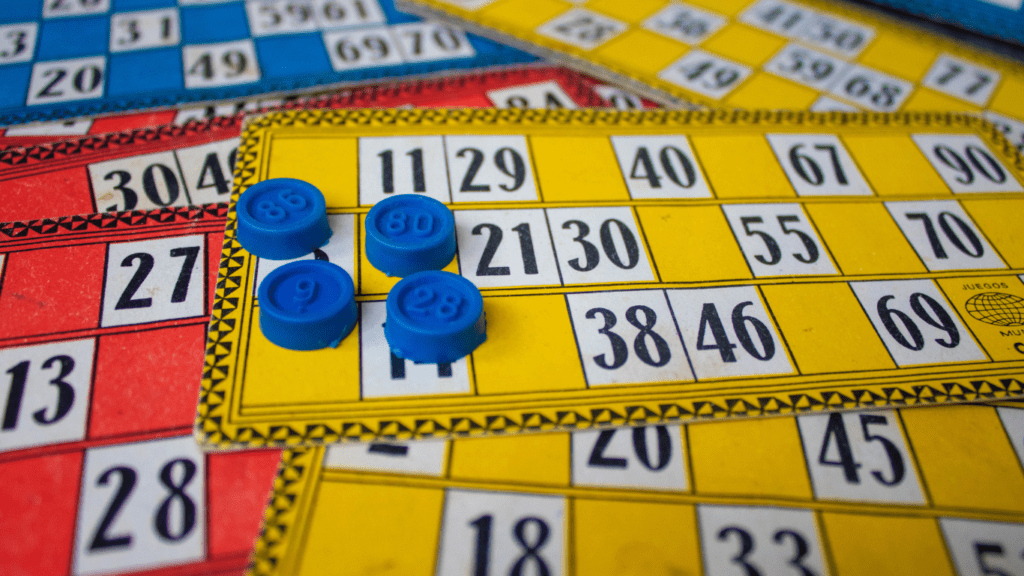The Shocking Scope of Unclaimed Winnings
Every year, Americans leave an eye watering amount of money on the table roughly a billion dollars in unclaimed lottery winnings. That’s not a typo. A billion. Whether from forgotten scratch offs, lost winning numbers, or unredeemed second chance entries, the money slips through the cracks quietly and consistently.
Break it down by state, and the numbers get more staggering. In 2022 alone, California reported over $40 million in unclaimed winnings, while New York wasn’t far behind at $38 million. Smaller states like Rhode Island still see millions go untouched. This isn’t just spare change it’s life changing money people are walking away from, knowingly or not.
The most commonly ignored tickets? Scratch offs lead the pack. Often bought on impulse, they’re scratched, glanced at, and tossed sometimes prematurely. Second chance drawings are also a missed opportunity, either from lack of awareness or the assumption that it isn’t worth the time. People also misplace winning draw tickets or never check them at all.
The result is an annual pool of forgotten fortunes. And the house aka the state keeps it when nobody steps forward. Simple habits could plug that leak, but year after year, the pattern repeats.
Why People Miss Their Jackpot Moment
You’d think winning the lottery would be unforgettable. But every year, people leave life changing money on the table and it’s not always for reasons you’d expect.
Start with the basics: lost or damaged tickets. Paper gets crumpled, soaked, thrown in the wash, or tossed in the trash. A surprising number of people buy tickets and shove them into a glove box, wallet, or coat never to be seen again. If that ticket’s unreadable or missing when it’s time to claim, it doesn’t matter what numbers you hit.
Then there’s the mental side. People forget to check. Or they do check, but don’t believe what they’re seeing. Some winners assume they couldn’t possibly have hit it big and toss the ticket away without a second glance. Others just miss the draw entirely and never circle back.
Finally, rules trip people up. Claiming windows vary by state. You might have 90 days or a full year but if you don’t know which it is, a good fortune can silently expire. Add in confusion over how to claim, where to go, or which documents to bring, and hesitation turns into a missed deadline.
Bottom line: carelessness, disbelief, and a lack of clarity can cost millions. Literally.
Real World Cases That Still Boggle the Mind

You’d think that winning millions would lock in someone’s attention and their urgency. But real life says otherwise. More often than not, winners never show up at all. In 2018, a $1.5 billion Mega Millions ticket bought in South Carolina sat unclaimed for 132 days. The person finally stepped forward with just hours left on the clock. Others haven’t been so lucky. In 2011, a $77 million Powerball ticket sold in Georgia expired after six months. Nobody claimed it.
Run down the stories and you start spotting trends. Many of these tickets come from busy retail spots gas stations, grocery stores where hurried buyers forget to check or misplace slips. Others are part of group pools, and confusion around ownership delays action until it’s too late. And then there are the skeptics. They hear rumors of a big local win but never imagine it’s them.
Some of the largest losses in lottery history come down to one thing: inaction. For an eye opening list of money left on the table, see this in depth breakdown of historic uncollected jackpots.
Where the Money Goes When It’s Not Claimed
When a winning lottery ticket goes unclaimed, the money doesn’t vanish it just gets rerouted. Every state has its own policy. Some funnel the funds into public education, others drop the money into general reserves or community based programs. In California, for example, unclaimed prizes help schools. In Michigan, a chunk goes to the School Aid Fund. And in Texas, proceeds can flow into a fund for veteran services. On paper, it’s a decent outcome: the money benefits the public.
But there’s a catch. Critics argue that states aren’t doing enough to notify winners in the first place. No phone call. No mass alert. In most cases, if you don’t check your ticket, that’s the end of it. There’s little incentive for lotteries to shout from the rooftops when someone’s about to miss a deadline.
That leads to a hard question: Is this a helpful redistribution of forgotten money or is it quietly unfair to the people who technically won it? Some view unclaimed prize funds as a hidden win for society; others see it as avoidable injustice. Either way, awareness could shift the balance. Because while the state may put the money to use, it was never really theirs to begin with.
How to Make Sure You Never Miss Out
If you’re going to play, play smart. That jackpot slip in your pocket? It’s not worth a dime until you sign it. Do it right away before it gets lost, copied, or flies out the window. Unsigned tickets belong to whoever holds them, not necessarily whoever bought them.
Second step: reminders. You’ve got a phone use it. Set alerts or download your state’s lottery app. Too many winners never claim because they simply forget to check. Don’t be that person.
Know the rules where you live. Each lottery runs on a clock, and the claiming period isn’t the same everywhere sometimes it’s a few weeks, sometimes a full year. Miss that window and the money’s gone.
Last tip: give your ticket a home. Not your glovebox. Not the junk drawer. One spot, every time quick to grab, safe from damage. Treat it like cash, because it might be worth more than you think.
The Bigger Picture
When millions in lottery winnings go unclaimed, it puts a spotlight on something deeper than just mishandled tickets. It’s about how well people understand the systems they’re playing in and how little trust they may have in them. Financial literacy plays a major role. Many simply don’t know that they’ve won, don’t understand the rules, or assume the process to claim is too complicated or not worth it. That’s a failure both of individual awareness and of communication from the institutions running the game.
Lotteries aren’t ignoring the issue. Across the board, state lotteries are testing new ways to notify winners and boost visibility. That includes real time push notifications, mobile ticketing apps, second chance drawings that reward registration, and more active social media outreach. Still, the gap remains.
To see how often and how dramatically these lapses happen, you can explore our collection of historic uncollected jackpots. The numbers don’t lie.
Knowledge saves money. In this case millions.




